Where women fear to tread
Jo Chandler – March 27, 2012
It never occurred to her to be afraid of the men and boys whose paths she crossed. Forty years later, the risk of violent attack in many parts of PNG, including Daru, is such that it is unimaginable that girls might safely roam as Wainetti once did. Indeed, her own generation often find they have less freedom of movement today, as mature women, than they did as girls.
The fear and the reality of gang rape and other forms of violent, sometimes murderous attack – enough to inhibit women’s ability to move freely and safely in the capital of Port Moresby and in hot-spots of tribal conflict – was one of the pervasive problems identified by the United Nations Special Rapporteur on violence against women, Rashida Manjoo, when she concluded a week-long mission to PNG yesterday.
Wainetti’s expertise is in the area of domestic violence, which Manjoo identified in her preliminary report as the crucible of a devastating culture of abuse: ”Violence against women in PNG begins in the home, with women and girl children being subjected to physical and sexual violence, mostly by male family members.”
This reality is also at odds with the PNG Wainetti grew up in. Home for her, and for her female relatives and friends, was a significantly safer place, she recalls.
Though domestic violence was prevalent even then, Wainetti says there were also routes to safety and support through family and tradition, and it is the loss of these which have left women and children vulnerable and increasingly damaged.
While traditional culture put plenty of constraints on women’s behaviour and girls’ aspirations, young boys and girls were nonetheless schooled in rules of mutual respect, she says. ”And if a woman got beaten by her husband, her brother would retaliate.”
The male clan network of brothers and uncles could be relied on to seek redress if a man mistreated his wife. This worked as a mechanism of rough justice and a powerful disincentive.
When worst came to worst, a woman under attack could usually be confident of finding refuge and support with her kin until things were sorted out.
Not any more. Social breakdown means the clan support structures have eroded. Extended clan has lost the inclination or the capacity to look after women and children in dire straits, often as a result of people leaving their land to crowd into cities in pursuit of jobs or to access health and education services.
Meanwhile, there are only a handful of institutional refuges available for women and children in crisis. Many rural women, isolated by a lack of roads and transport, have few avenues to escape their abusers. Resources to help them are scarce – Wainette’s family and sexual violence project, one of the peak agencies tackling domestic violence, exists under the auspices of the PNG Government, but relies entirely on donations from overseas – principally AusAID – to operate.
The testimony of activists and human rights advocates in PNG over recent years, as summarised in Manjoo’s preliminary findings (a full report will be delivered to the UN next June), paints a picture in which many of the better aspects of custom have been lost, and the worst encouraged.
This has taken place in the whirlwind of modernisation, which for all its benefits has also brought the blights of population shifts, urban ghettos, alcohol abuse and tribal warfare, much of it encouraged by the windfalls of resources cash.
PAPUA New Guinea has a population fast approaching 7 million people, courtesy of a 2 per cent growth rate – one of the highest in the world. The vast majority of people live in rural and remote villages, surviving as subsistence farmers. Much of the agricultural work, the tending of gardens to feed families, is performed by women.
Defining the problem of violence against women in PNG – its prevalance, its drivers, its consequences – as the UN mission ambitiously set out to do is a fraught task, not least because of an acute lack of data.
One of the most cited studies on domestic violence is that by the PNG Constitutional Law Reform Commission. The now 2o-year-old study found two-thirds of married women in PNG had been hit by their husbands. An academic study in 2009 reflected similar findings, noting that 65.3 per cent of the women interviewed were victims of domestic violence.
A World Health Organisation database in 2000 ranked PNG as second only to Uganda for assaults on women. It stated that the percentage of women who had been physically assaulted, not including sexual abuse or rape, was 56 per cent.
A survey by the PNG Institute of Medical Research some years ago found half the women interviewed had experienced sexual violence from their husbands or other men.
A more contemporary picture can be found through the work of Medecins Sans Frontieres (MSF), which runs medical and psychosocial clinics for victims of family and sexual violence in the highlands centres of Tari and Lae – both areas that have experienced substantial social upheaval as a result of development and population shifts. The clinics have provided treatment to more than 11,000 clients since January 2008. Overwhelmingly, these patients identify their partners and family members as their assailants.
In her preliminary report, Manjoo drew heavily on visits to communities and clinics and interviews with experts and survivors of violence, who told her that domestic violence ”is socially perceived as a normal aspect of a woman’s life and a family matter that should not be discussed publicly”. This, she says, further inhibits efforts to measure the extent of the problem.
For anyone who ventures into the front line of health care in PNG, as The Age has several times in recent years, the reality of the domestic war is plain to see as women assemble each morning to have the injuries of the night before attended to.
Typically, and most obviously, they nurse broken and butchered hands and arms – defence wounds – and battered faces when they were overcome. Frequently they sit patiently alongside the men responsible. As one MSF nurse in Tari observed matter-of-factly, ”we get choppings (machete wounds) every day.”
BEYOND the question of the dimensions of the crisis is the mystery of what drives it. The the evidence and insights into this are no less elusive.
Two years ago, PNG’s only female MP, Dame Carol Kidu, who is now the leader of the two-member opposition, presented a bleak 120-page state report on the situation facing women in PNG to the UN as part of the Convention on the Elimination of All Forms of Discrimination against Women (CEDAW).
A central theme of the paper echoed Ume Wainetti’s observation that while many of PNG’s tribal communities were, as a result of culture and history strongly male dominated, there were nonetheless disappearing aspects of clan tradition that had previously protected women.
”Women in many parts of the country used to have more power in their society than they have today. Both colonisation and development have been major contributors to the decline in the status of women,” the government submission argued.
The paper explored entwining themes of status and violence with the lack of political representation of women, the dearth of female role models in positions of power and authority, the lack of access to land, the lack of capacity for women to earn income, lagging female education rates, high fertility rates, and the inadequacy of fragile health services.
The report cited a PNG Law and Justice white paper which observed that ”the gender of violence is a striking feature of contemporary disorder in our country. Most perpetrators are young men”.
Gangs of ”raskols” are typically the most feared perpetrators of street violence and rape. ”Beneath the symptoms of disorder lie deeper issues regarding masculinity, identity and socialisation,” the white paper paper concluded. ”The poor behaviour of men and weak leadership inhibit urgently needed behavioural change.”
This critique is echoed by many activists in the shadow of the ongoing crisis playing out at the highest level of PNG politics, and extending into the courts, the military, the police force and the public service.
They fear that eroding public regard and respect for the nation’s male leaders will only exacerbate a culture of violence and make the angry young men in particular more disenfranchised and disenchanted with their national leaders.
”We don’t have strong male role models. So many of our leaders are corrupt. Who can young men look up to?” says Wainetti.
The PNG National Council of Women (NCA) also prepared a report for CEDAW which sought to explain some of the social and cultural undercurrents feeding the attacks on women.
It said that in the push to develop and exploit resources, women were particularly vulnerable in those areas where they were being dispossessed of their land, the locations where they traditionally grew food gardens.
While resources companies might attempt to identify and compensate landowners, women were often locked out of that process. The common refrain of rural women across rich development seams of PNG is that their men disappear with the compensation money or the royalties, and the women are left with the children, but little capacity to provide for them.
”Men get money, get drunk, beat their wives, don’t feed their children,” was the summation of Banima Vege, a senior Kutubu man and agriculture adviser in a wealthy oil and gas zone in the Southern Highlands when he spoke to The Age in 2009. ”Development brings both good and bad but our leaders … they don’t see the impact on traditional life, that money really spoils traditional life.”
The NCA report also drew on academic research that blamed the marginalisation of women on the powerful combination of traditional male-dominated PNG society, including customs such as bride-price, polygamy and early marriage, with the enthusiastic embrace of imported male-dominated Christian orthodoxy and views of the place of women – ”good enough to place flowers in the vases around the pulpits, but not good enough to preach from the pulpit”, as one woman was quoted observing.
Yesterday’s UN report also highlighted aspects of traditional life that were harmful to women and exacerbated ”deep-rooted patriarchal attitudes and stereotypes with regard to women’s status”.
Bride-price was identified as a key trigger of domestic violence – ”as many men commonly feel entitled to control and even abuse their wives as a result of having paid the bride price, thus regarding women as their property”.
LIKEWISE, families who had received payment for their daughters were reluctant to take them back when they were abused for fear of having to refund the bride price.
”Polygamy was also identified as a common cause of violence in the family.” Rival wives would fight for family resources and status. A large number of women Rashida Manjoo interviewed in prison were serving sentences for the murder of their husband or of another woman who was their rival.
Another key issue linked to traditional culture was the rise in attacks on people – mostly women – accused of sorcery or witchcraft. In reality, the drivers were usually much more material than supernatural.
”According to many interviewees, sorcery accusations are commonly used to deprive women of their land or their property,” Manjoo observed in her report.
”During my visit to the Highlands region, I was shocked to witness the brutality of the assaults perpetrated against suspected sorcerers, which in many cases include torture, rape, mutilations and murder.”
(As it happens, according to the ABC, police in Lae yesterday said they were investigating the case of a woman burnt to death after apparently being accused of sorcery.)
Manjoo prefaced her report with an appeal to PNG’s politicians to introduce legislative changes that would outlaw family violence as a matter of urgency, and to also vote to repeal the Sorcery Act, which is seen to be doing more harm than good.
Efforts to reform the law to protect women and children began with the landmark exposes of the Law Reform Commission report in 1992, but progress has been bogged down by the slow response of successive governments, says Mrs Winifred Kamit, a senior lawyer and founder of the PNG Coalition for Change.
A draft Family Protection Bill was delivered to the Attorney General’s Department last June for endorsement, and Kamit is hopeful that it will soon find its way into law. ‘‘This proposed law criminalises domestic violence and puts into place legal protective measures for the victim and punishment for the perpetrator of violence’’.
Kamit describes endemic violence against women in PNG as ‘‘a serious national development issue (and) a national shame that it is viewed as acceptable in many communities in PNG.
‘‘The call for violence against women to end is gathering momentum. Hopefully the Bill, when made law, will be the beginning of more widespread advocacy against violence against women.
‘‘I am seeing a new generation of young PNG men keen to advocate for the elimination of violence against women. This is good to see … attitudes are changing.’’
Manjoo’s report for the UN recognised that there had been progress on improving police attitudes and responses to abuse against women. Historically many police have been notoriously disinterested and sometimes hostile to women bringing complaints. Efforts have been initiated to improve police training, and fledgling family and sexual violence units have been set up at six police stations across the country, although they remain poorly resourced.
Manjoo also urged the government to move swiftly to ensure the creation of 22 reserved women’s seats in the next national Parliament. The election is due from late June.
Progress on the seats was stalled by recent political upheavals, and had largely been abandoned by advocates and observers as a lost cause for the 2012 poll. But it is understood that the government has received legal advice there has been sufficient progress on the constitutional requirements for the seats to be created ahead of the election.
Rashida Manjoo identified the election of women to the Parliament as critical to improving the status and conditions of women in PNG.
Read more: http://www.theage.com.au/
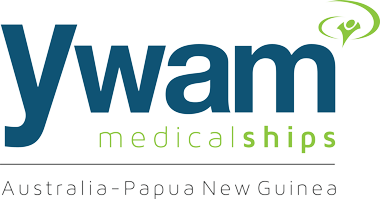


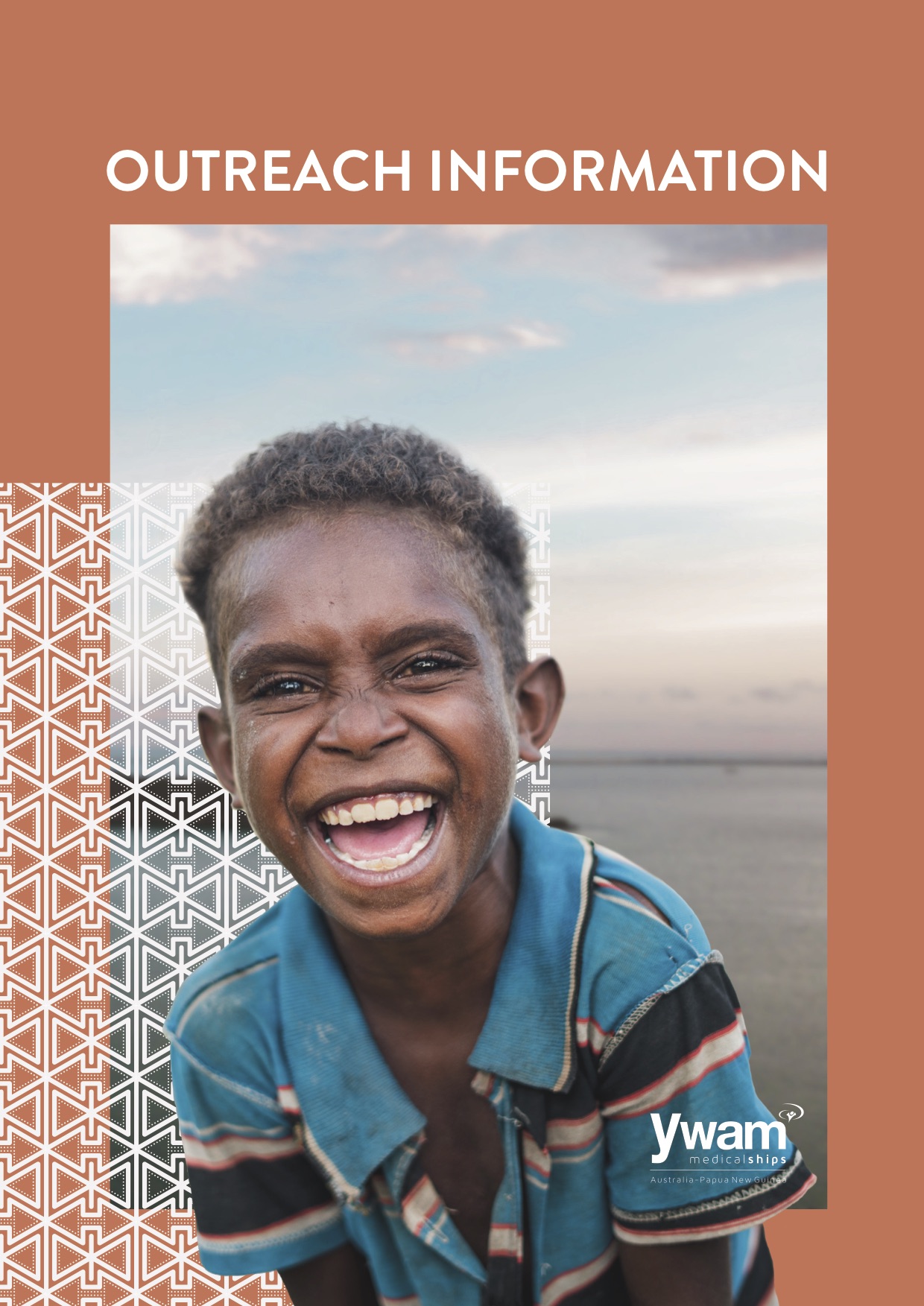





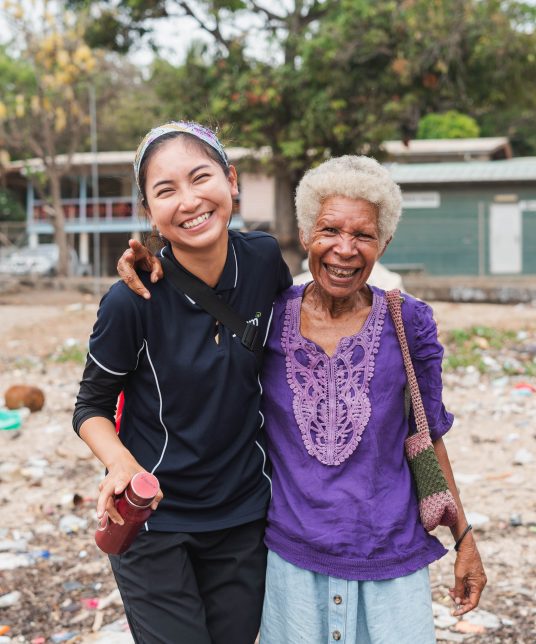


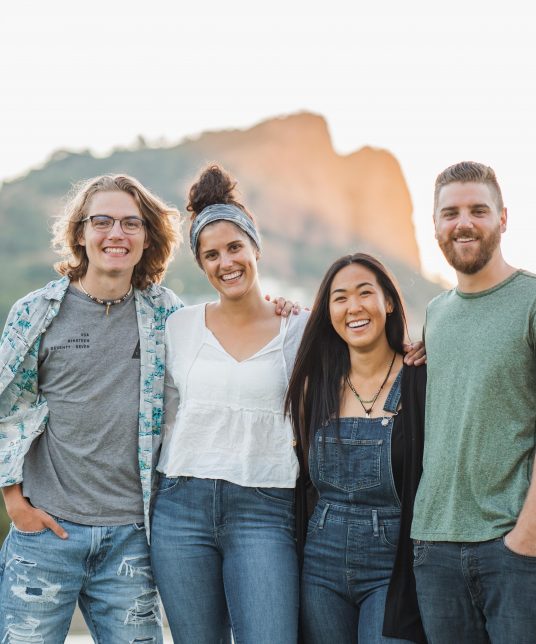
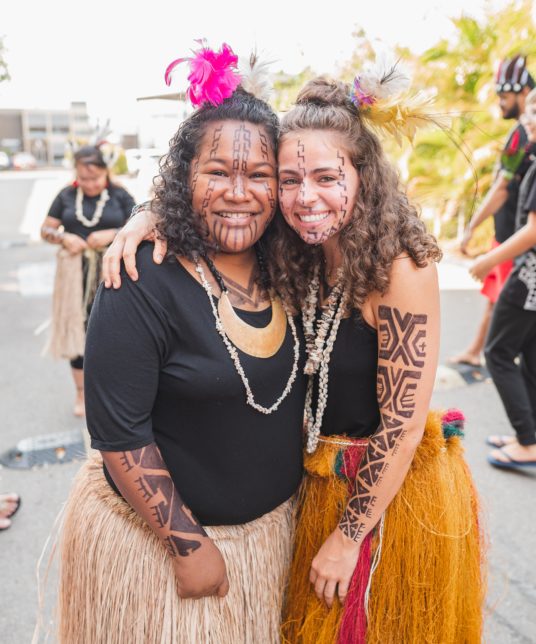
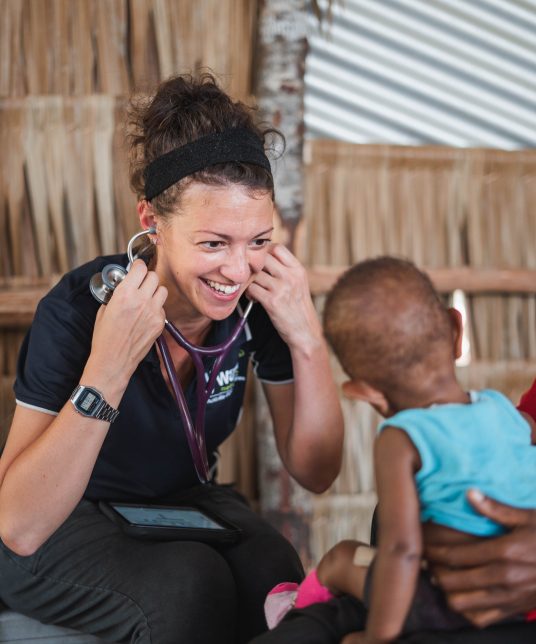
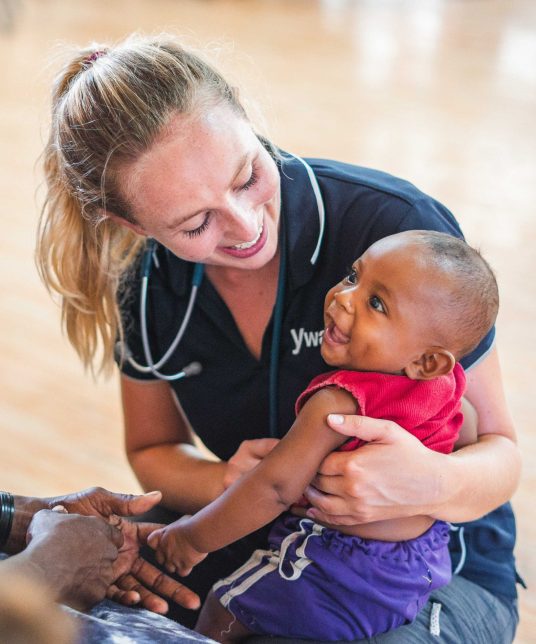
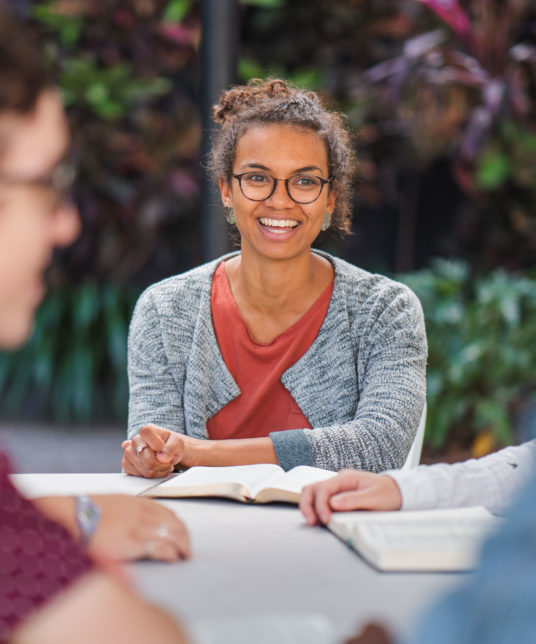
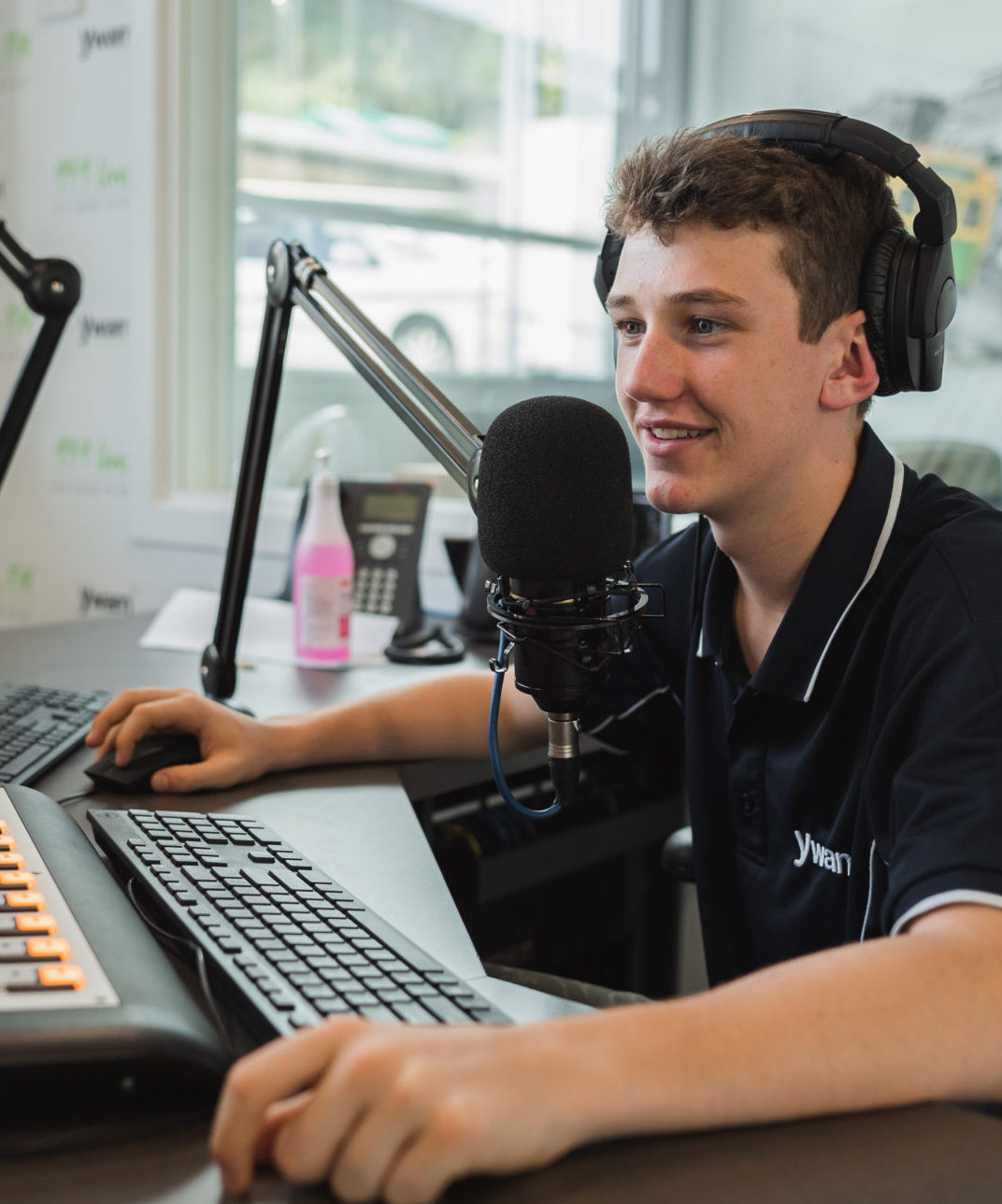
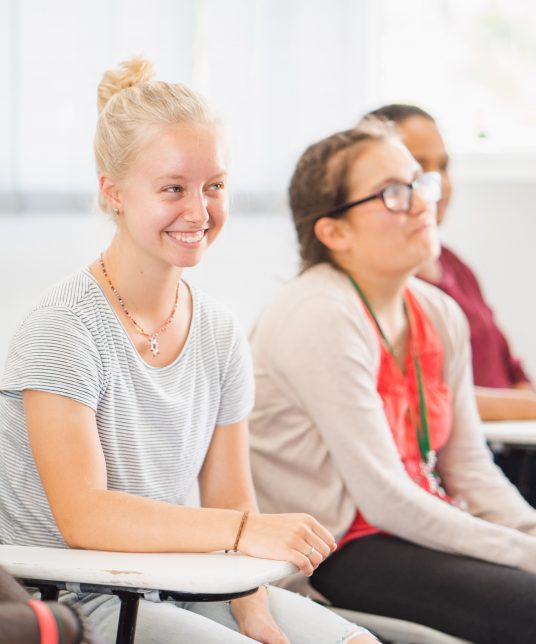
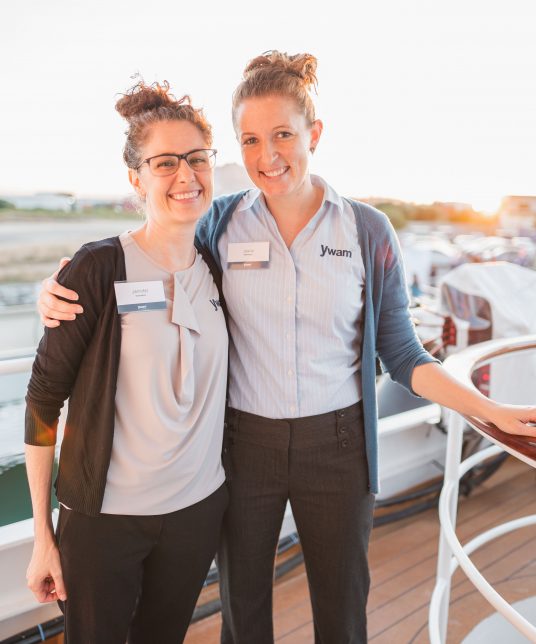
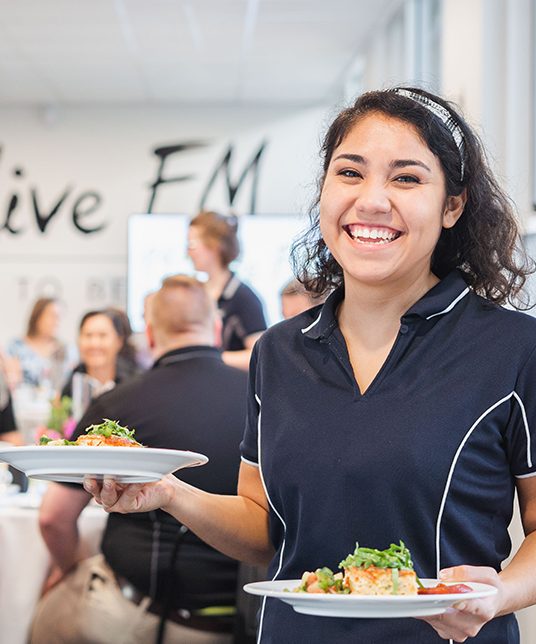
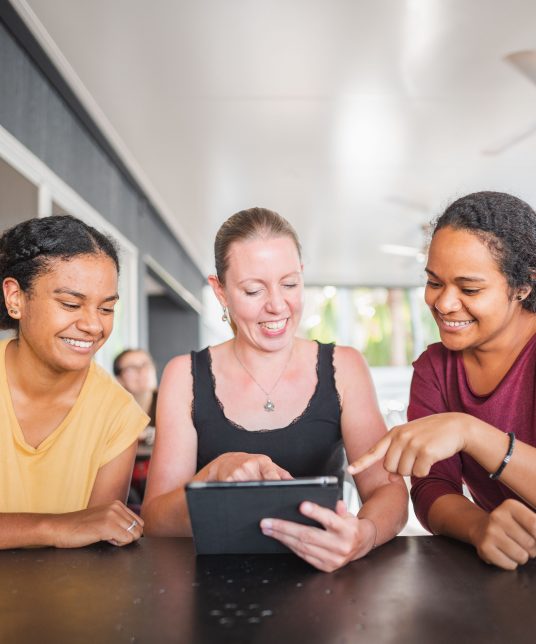
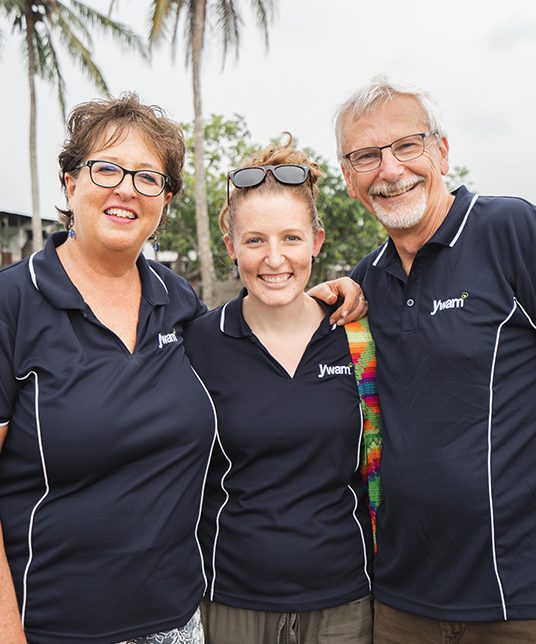
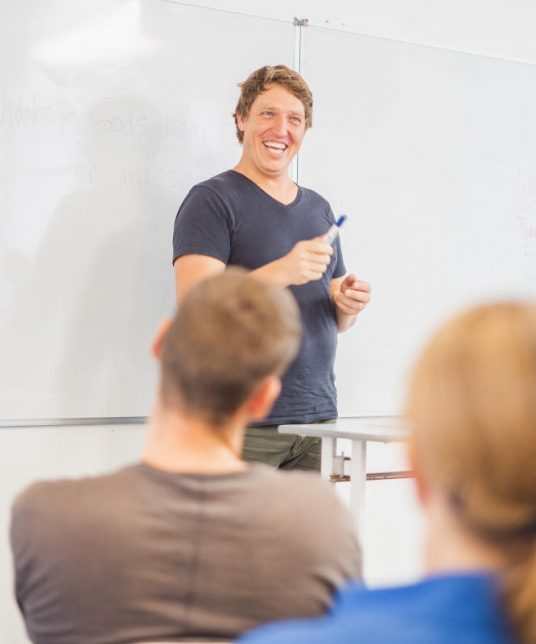
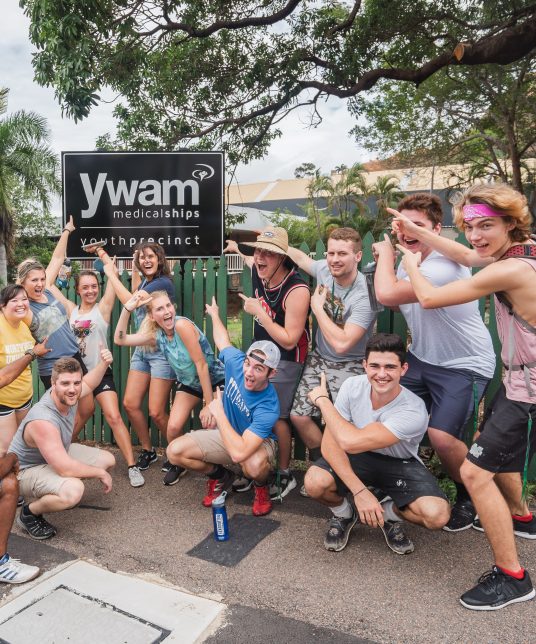
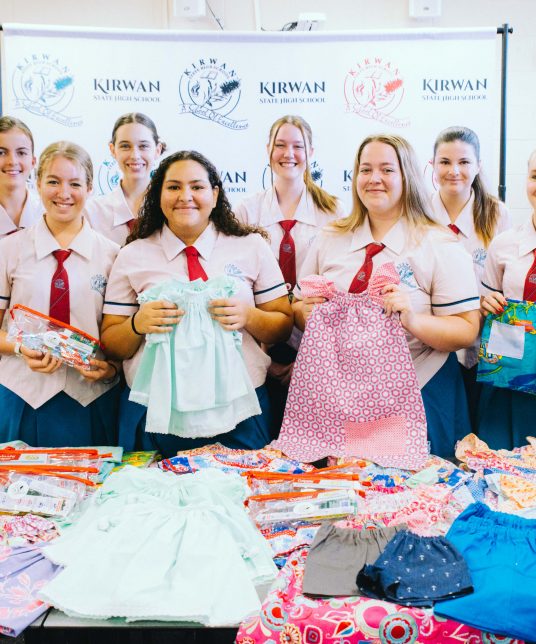
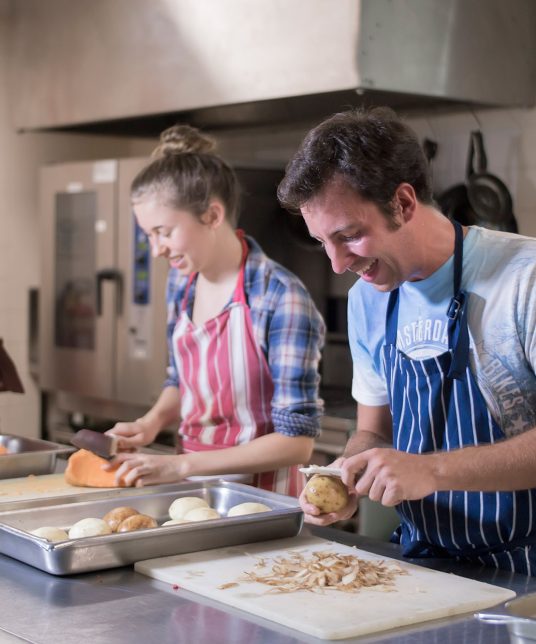
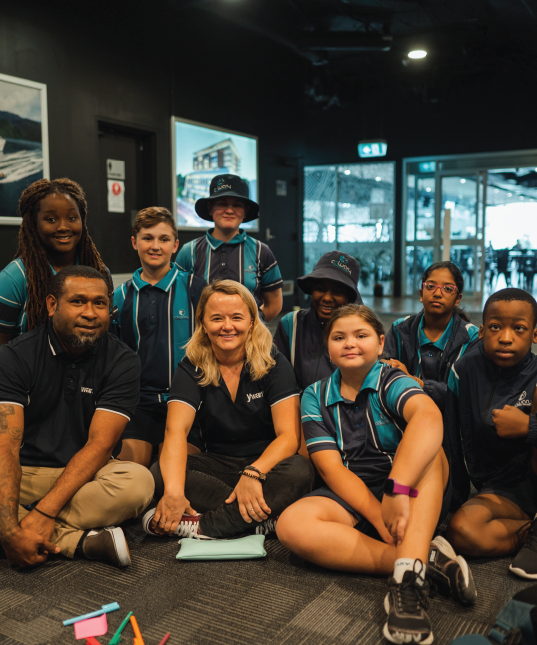
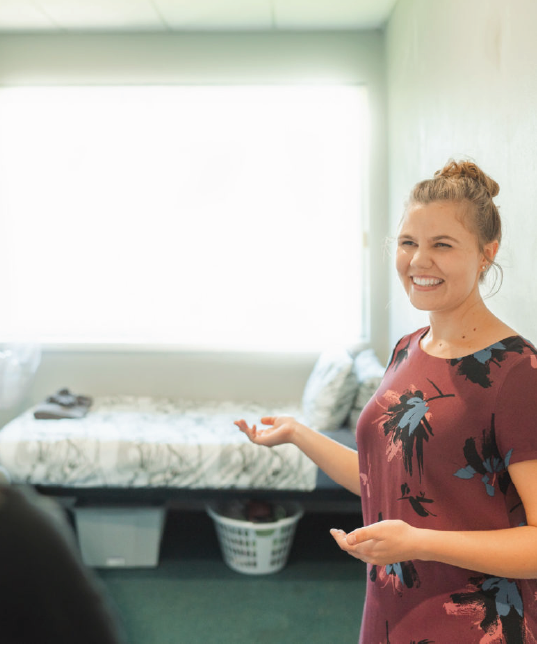
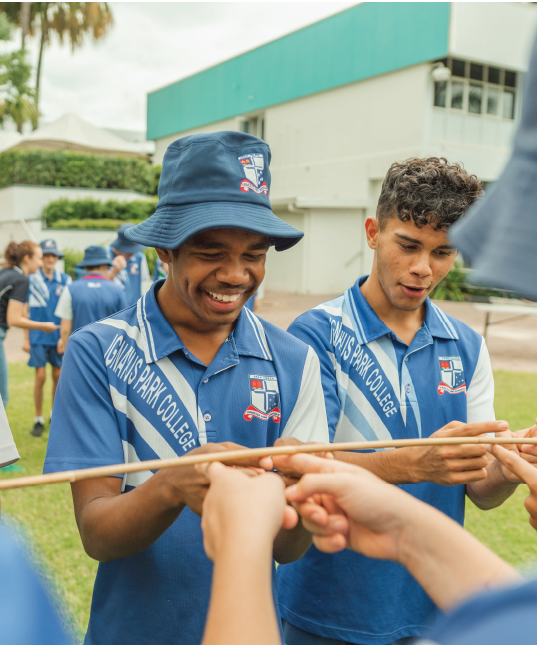
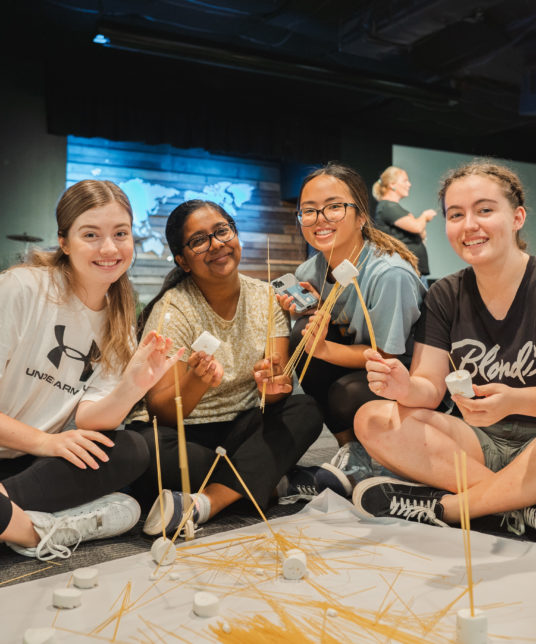
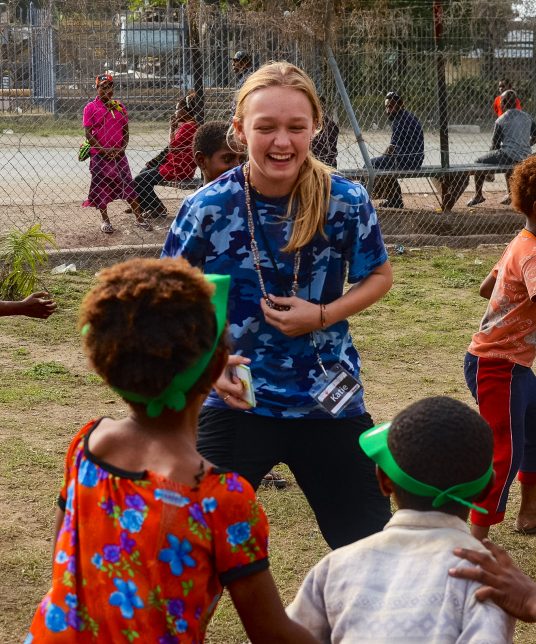
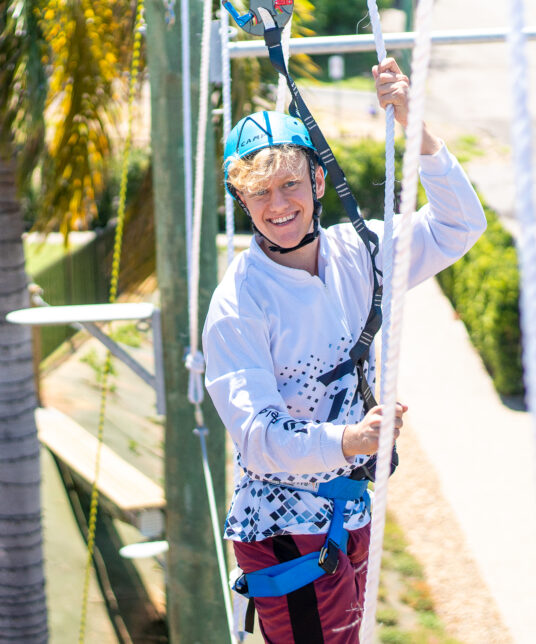
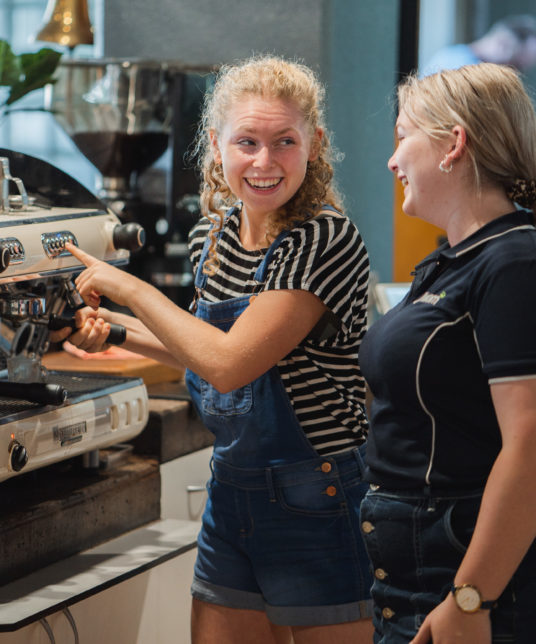
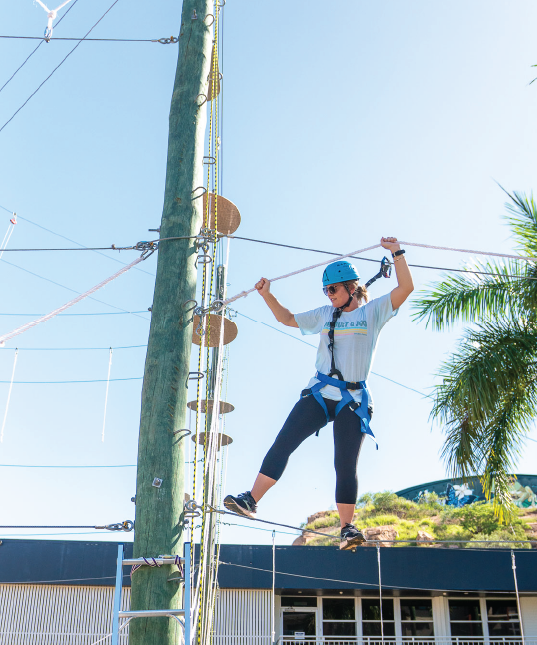
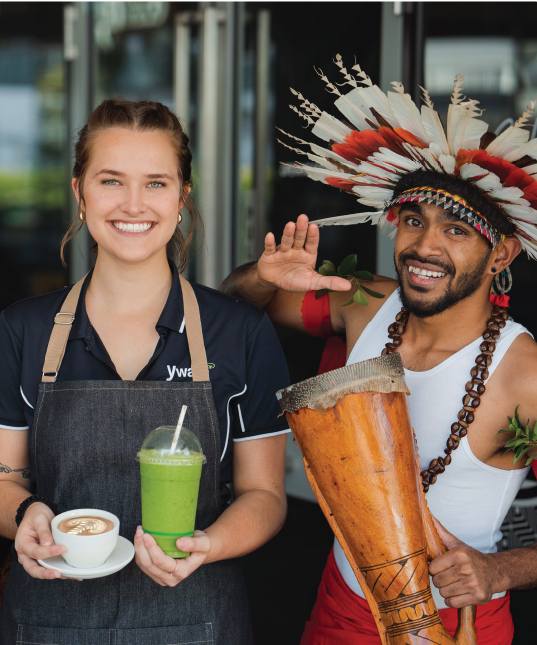
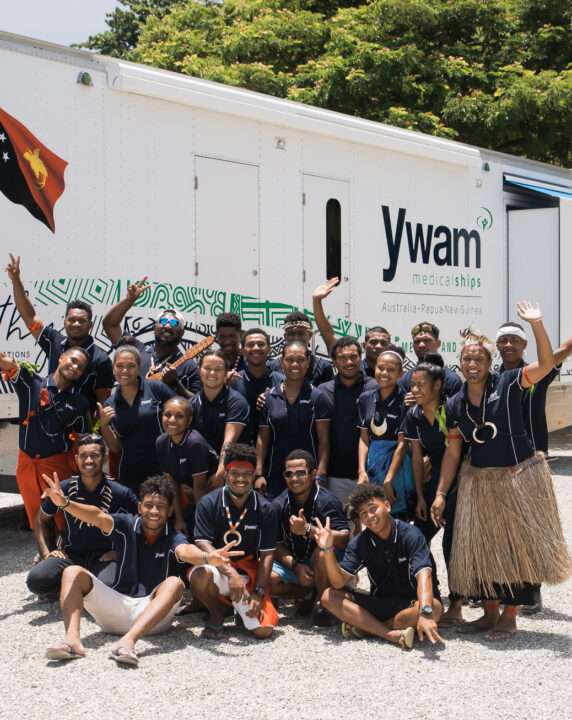
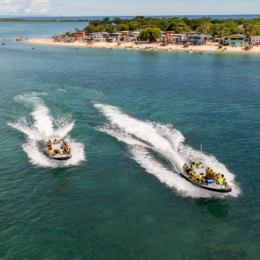
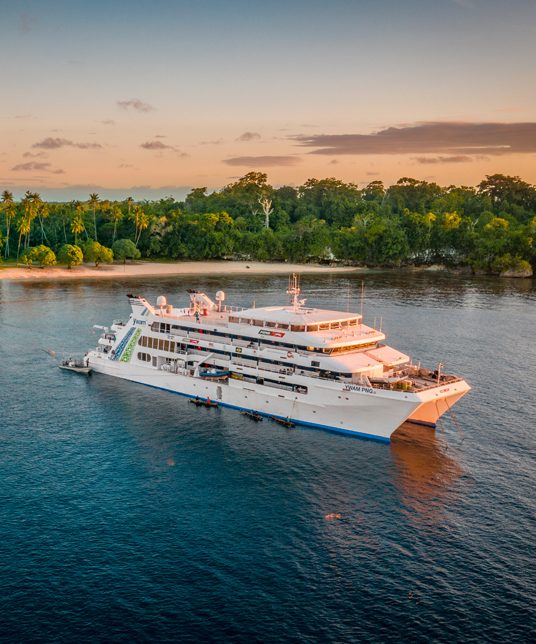
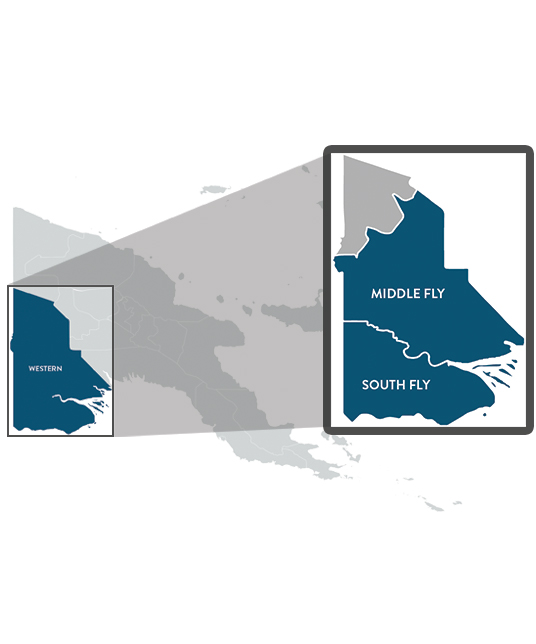
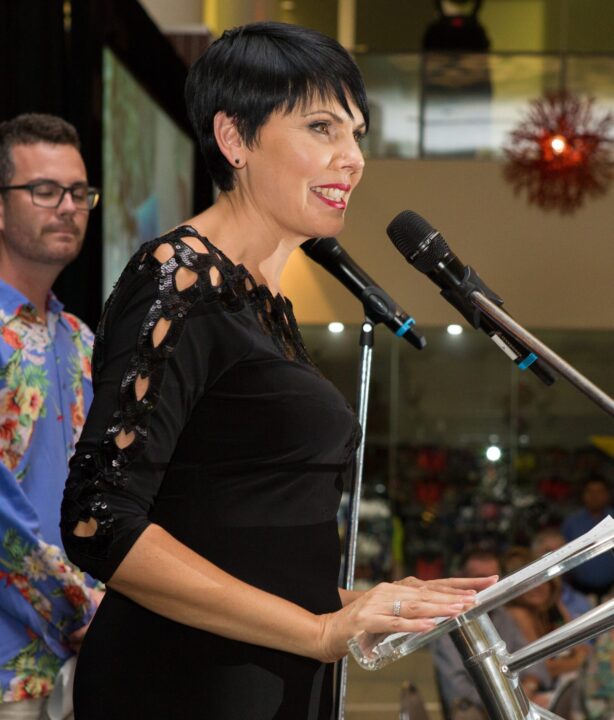
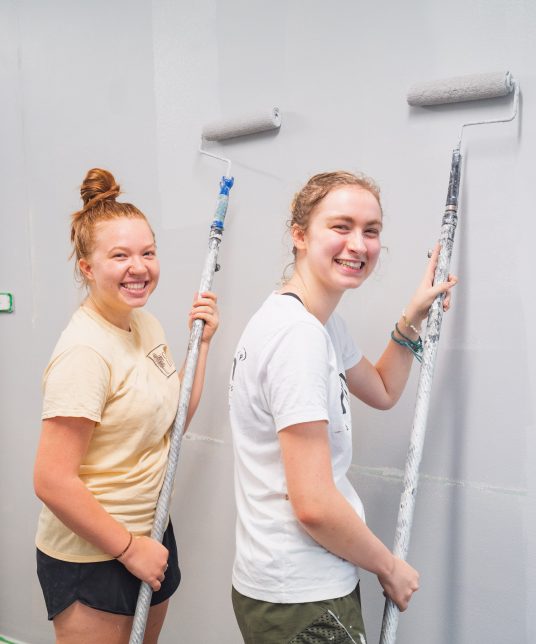
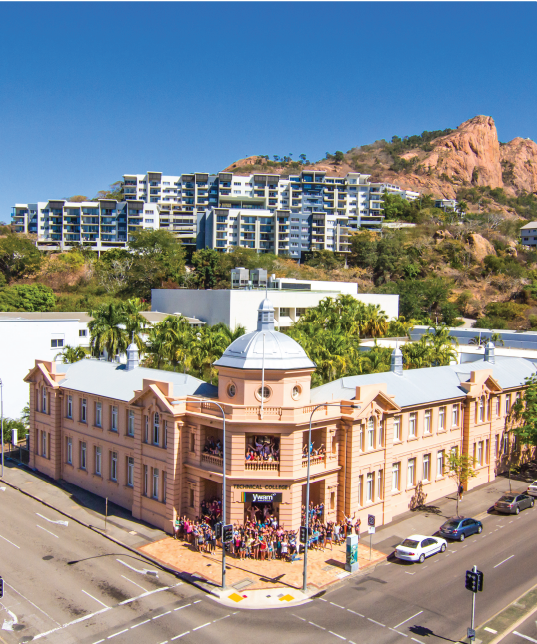
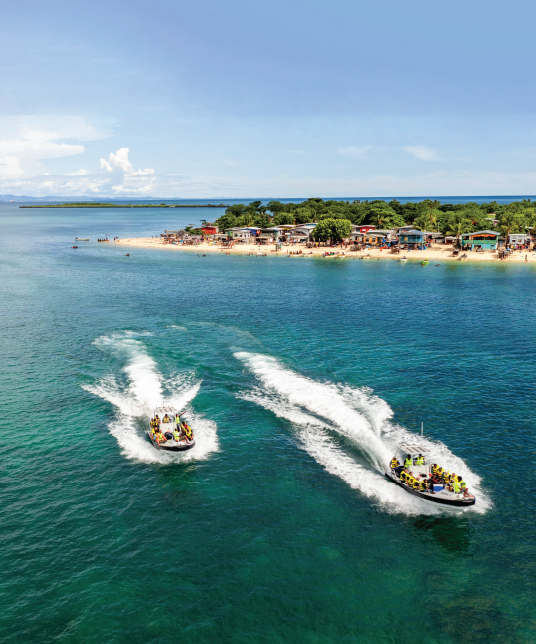
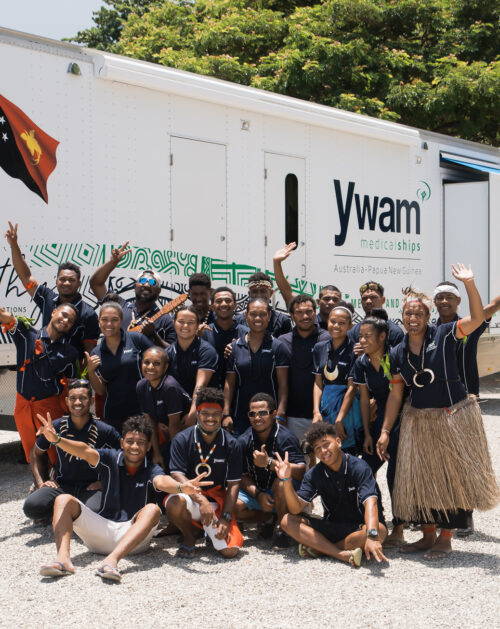
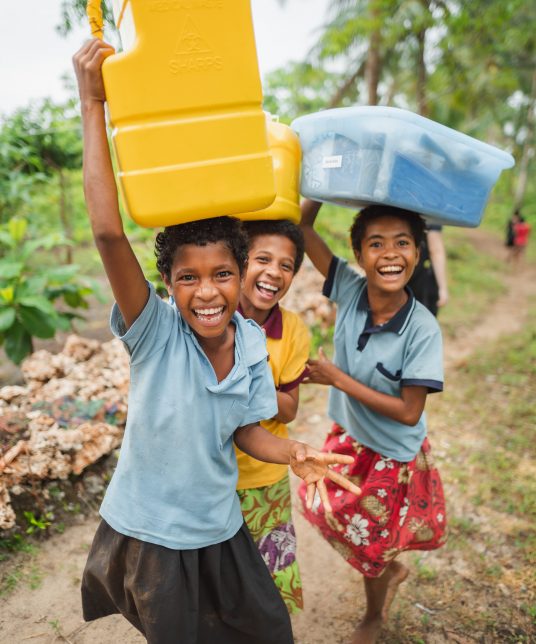
Recent Comments